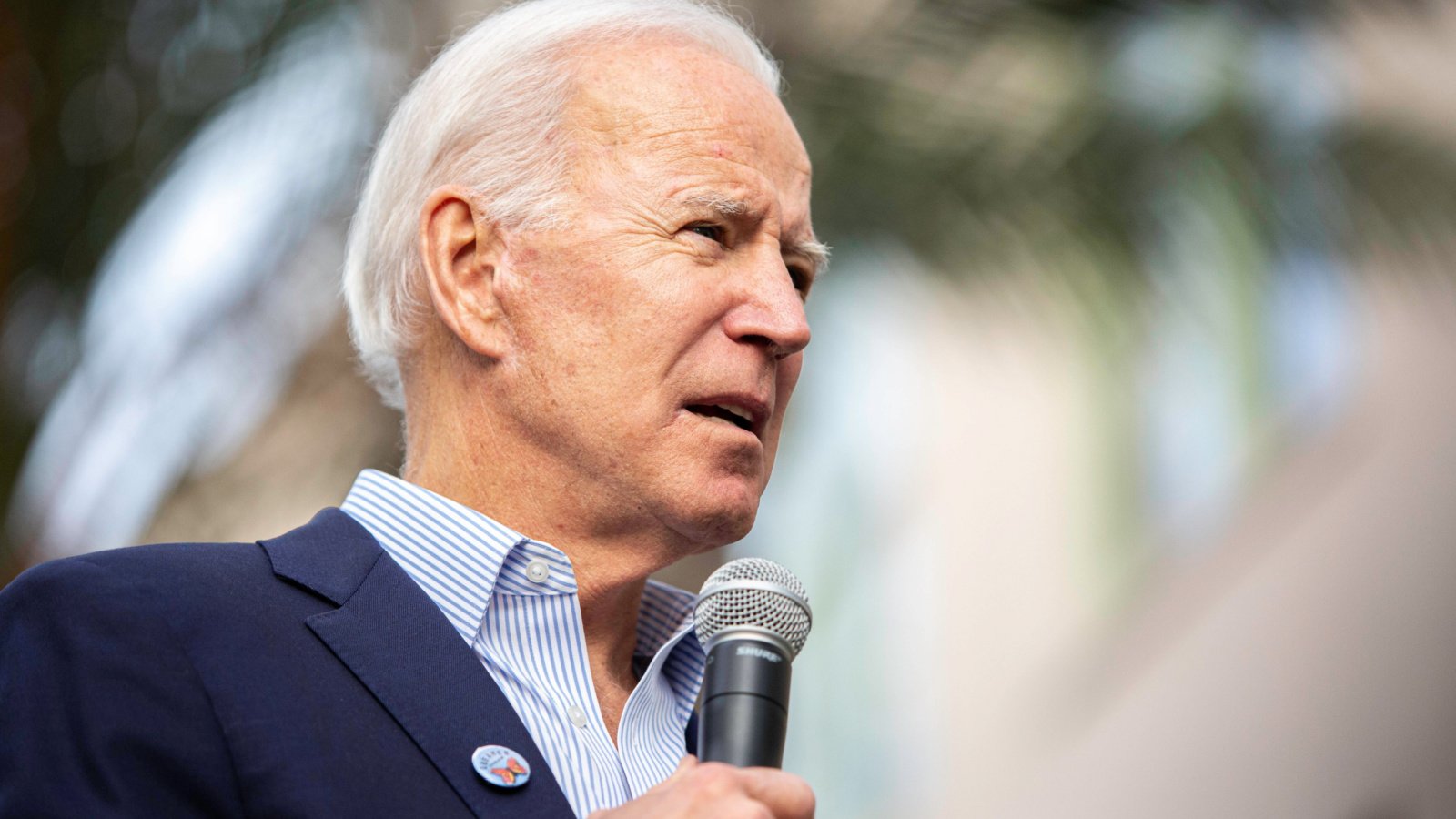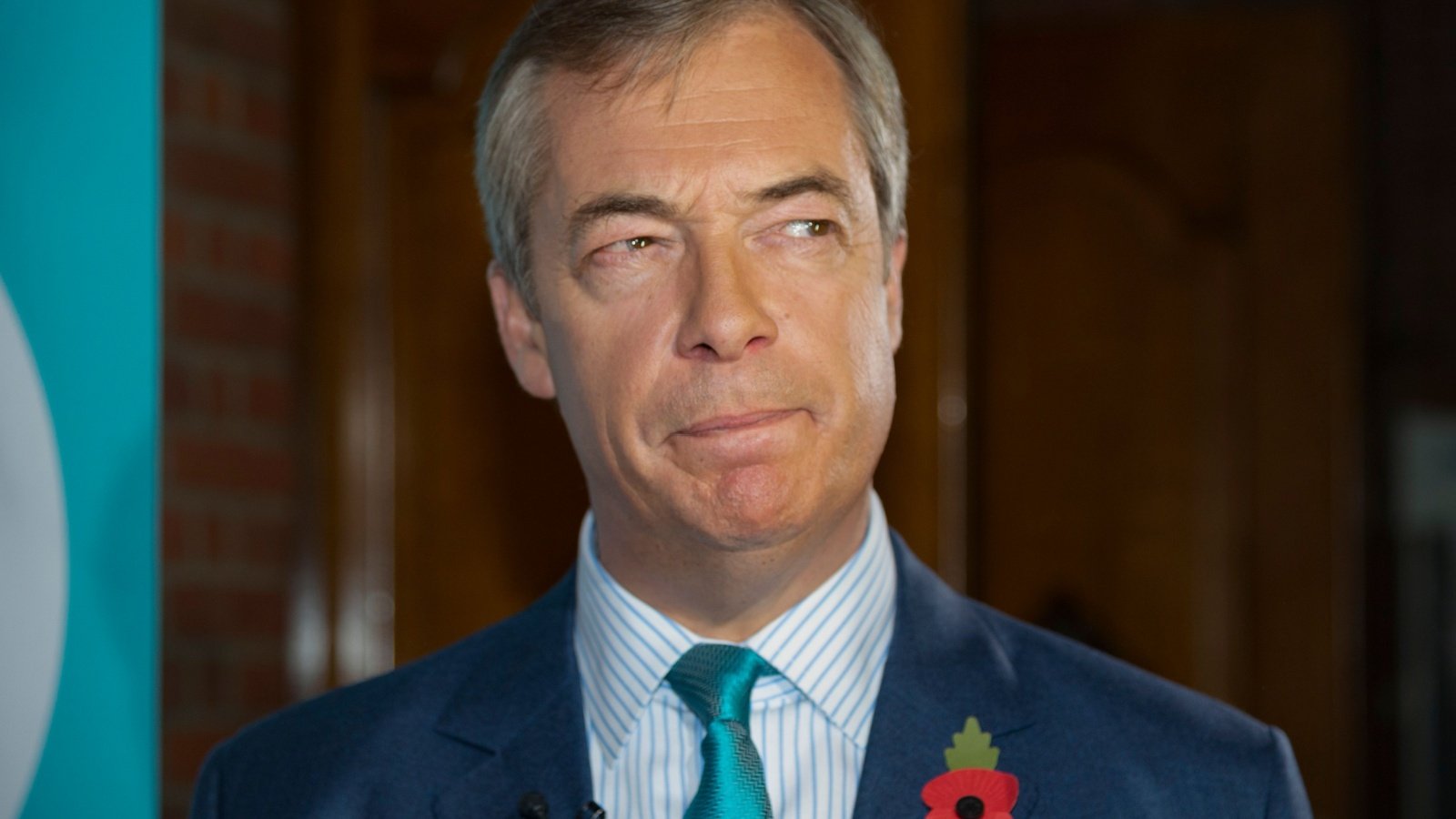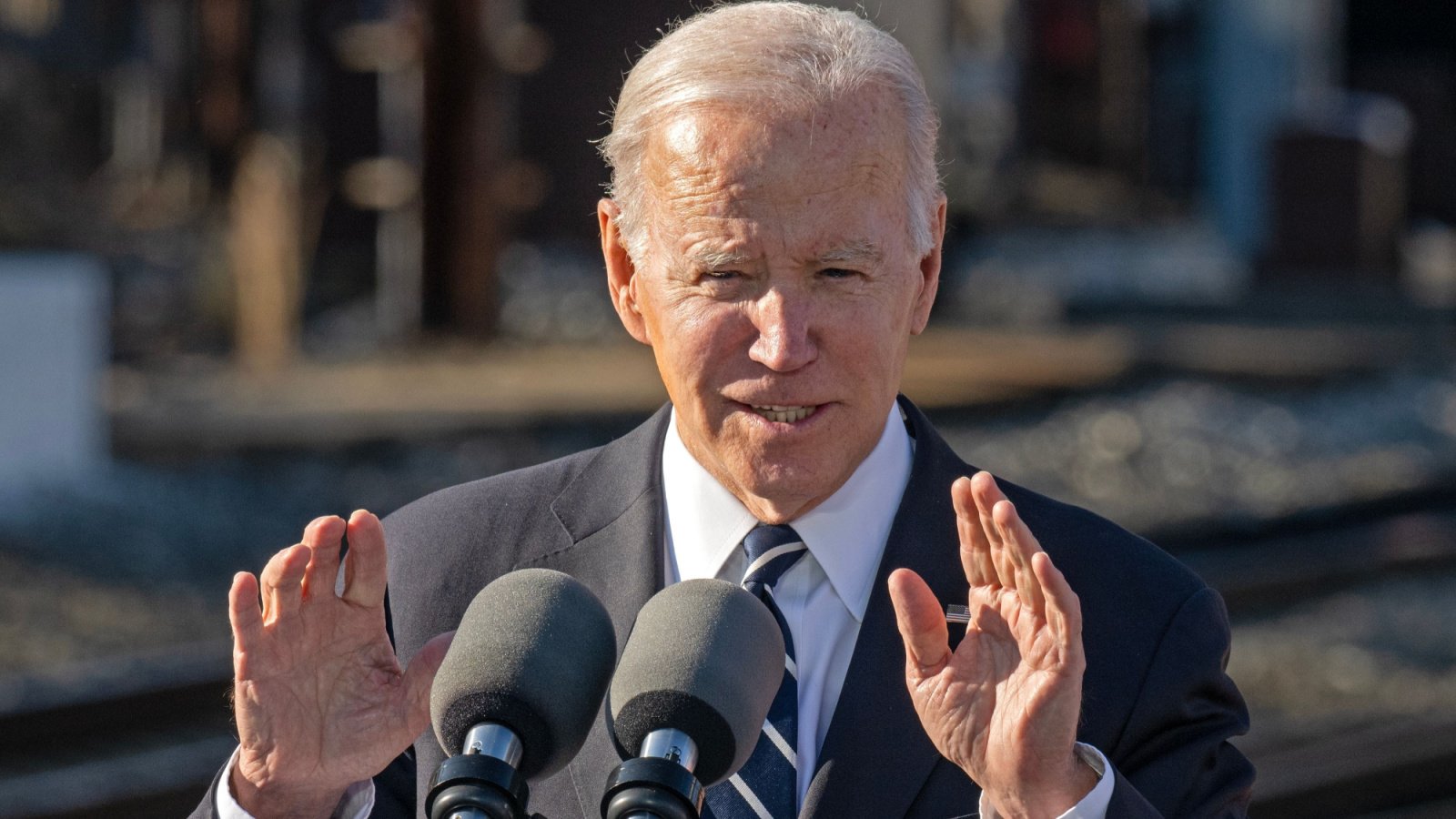The leaders of the world’s wealthiest nations are tasked with driving economic growth while ensuring the welfare of their citizens. These leaders wield profound influence and are responsible for the fate of their nations. Their decisions resonate far beyond borders, shaping the course of history.
United States
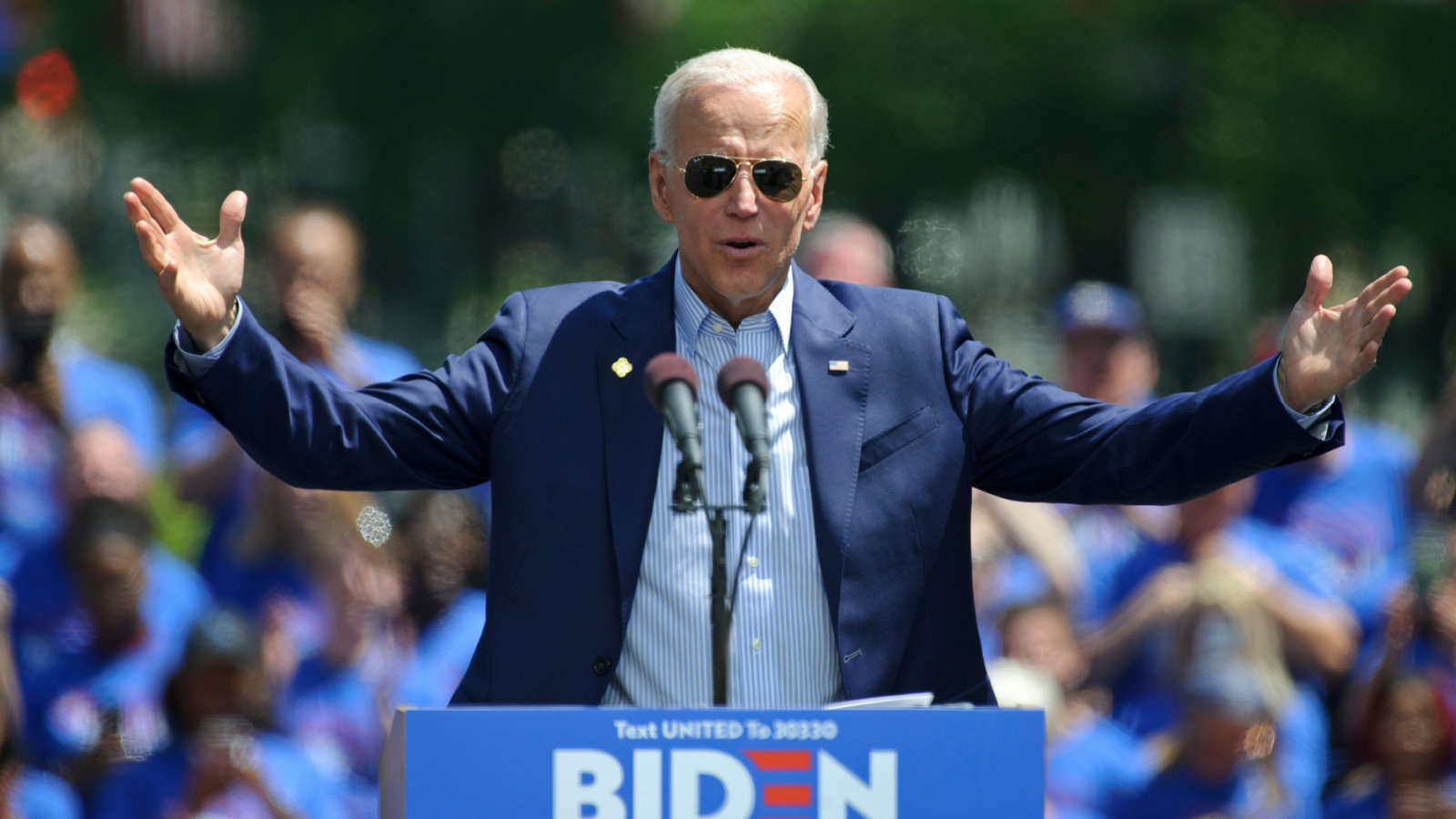
The United States navigates its leadership under the global spotlight. Its leaders face the challenge of balancing booming tech industries and financial markets with social inequality and healthcare debates. Governing the world’s largest economy involves intricate decision-making that impacts global financial systems.
China
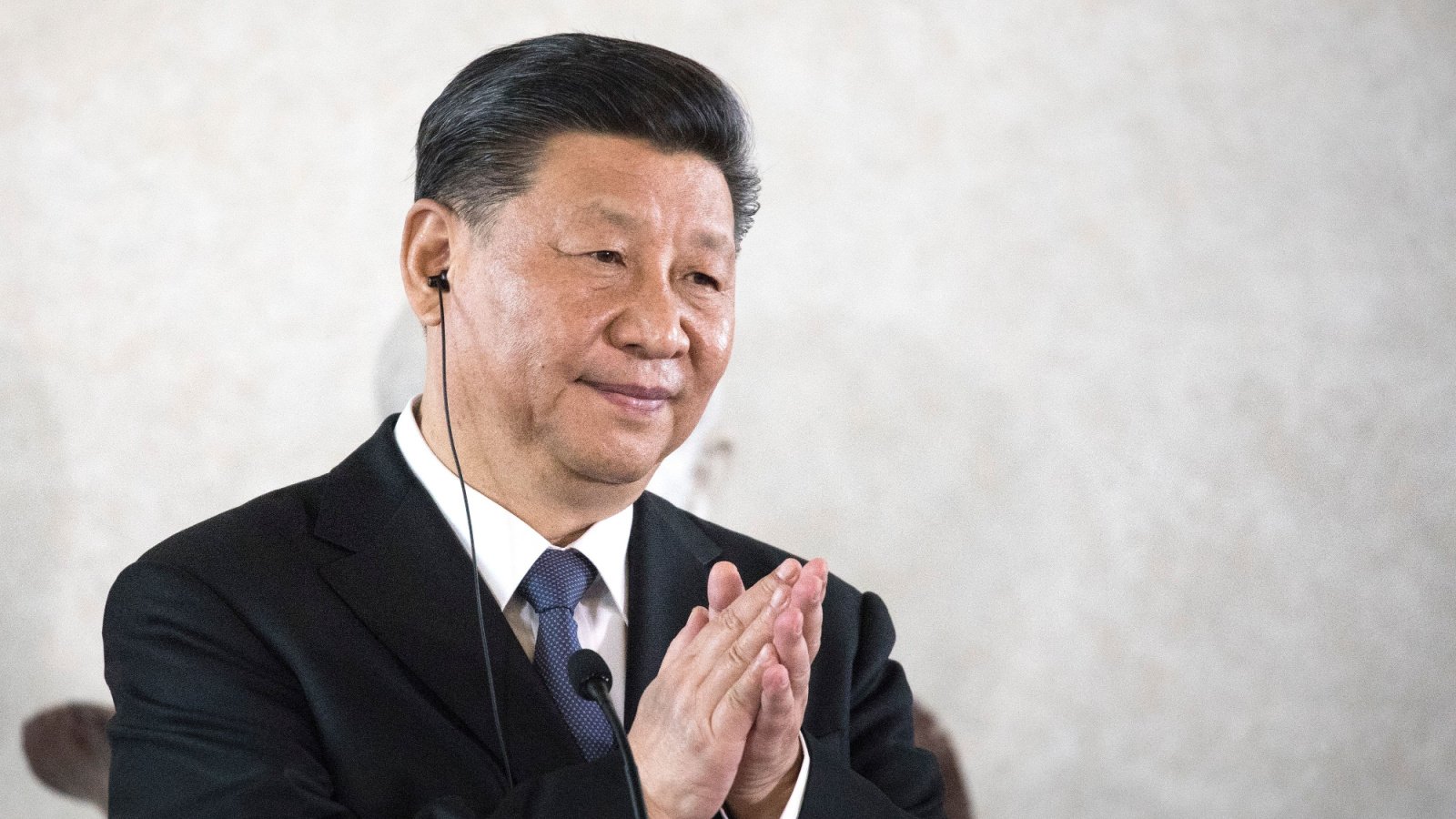
China’s rapid ascent to economic prominence is a testament to strategic long-term planning and policy implementation. Leading the world’s second-largest economy, Chinese leaders grapple with managing economic growth while addressing environmental concerns and regional disparities. The complexity of transitioning from an export-driven economy to one focused on domestic consumption presents a multifaceted leadership challenge.
Japan

Japan exemplifies resilience in the face of economic stagnation and natural disasters. Its leaders are tasked with revitalizing growth while managing the world’s oldest population, requiring innovative approaches to social welfare and economic dynamism. Navigating these demographic challenges while maintaining Japan’s technological edge is a delicate balance.
Germany
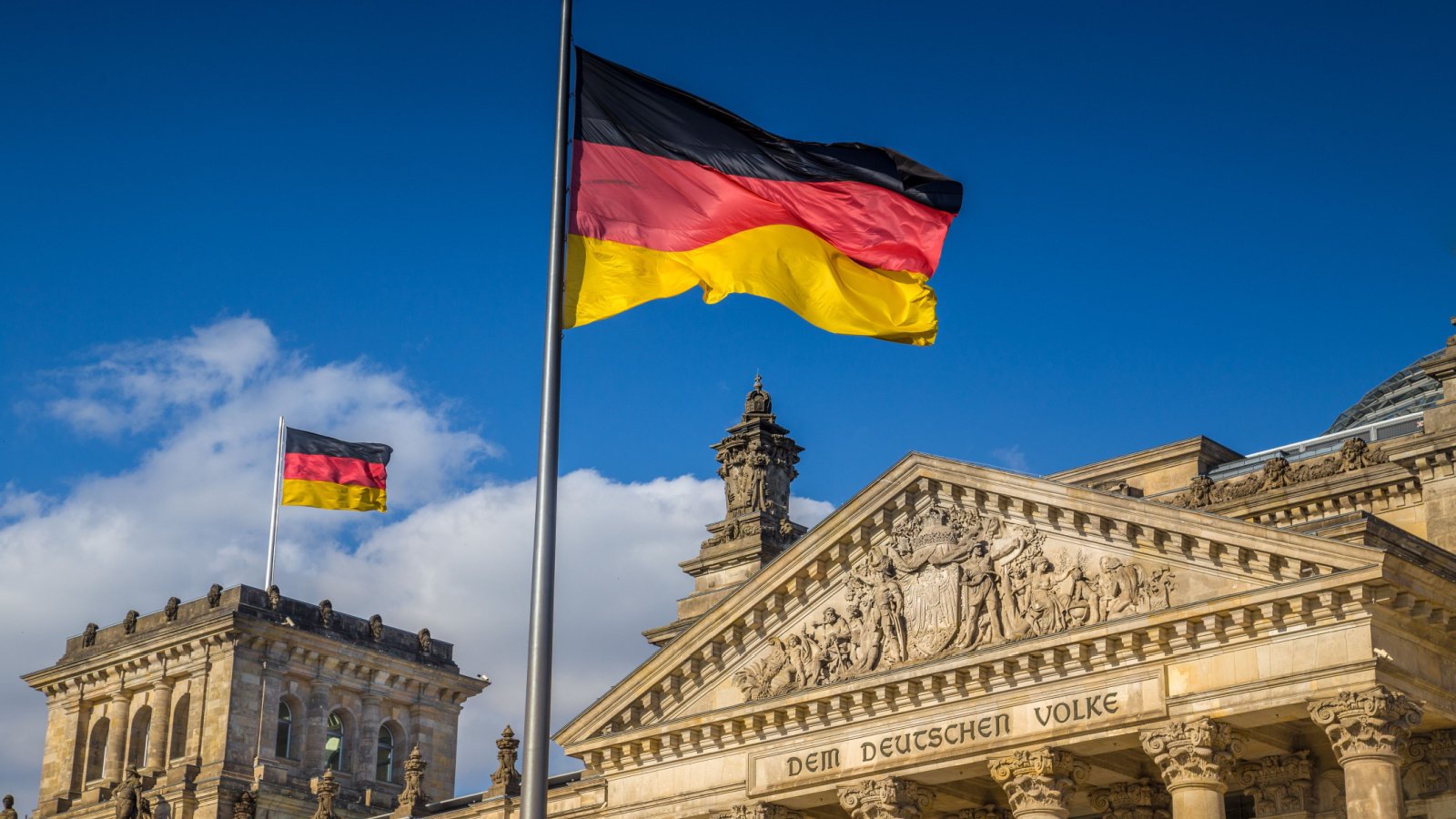
Germany’s economy operates under the principles of social market economy. Leadership here navigates maintaining fiscal discipline within the Eurozone while fostering social cohesion and managing immigration. Balancing economic competitiveness with social equity remains a central governance challenge.
United Kingdom

Post-Brexit, the United Kingdom faces the complex task of redefining its economic and diplomatic relationships globally. Leadership is challenged with preserving London’s status as a financial hub while addressing regional disparities and navigating the nuances of national identity and sovereignty.
France

France’s leaders work to uphold its tradition of social solidarity while stimulating economic innovation and growth. Balancing labor market reforms with the French populace’s commitment to social benefits and public services illustrates the tightrope of governance in maintaining national identity and economic vitality.
India

As one of the fastest-growing major economies, India presents its leaders with the unique challenge of harnessing this growth to reduce poverty and inequality. Managing a diverse and populous nation requires policies that promote inclusive growth and sustainable development amidst rapid urbanization and environmental concerns.
Italy
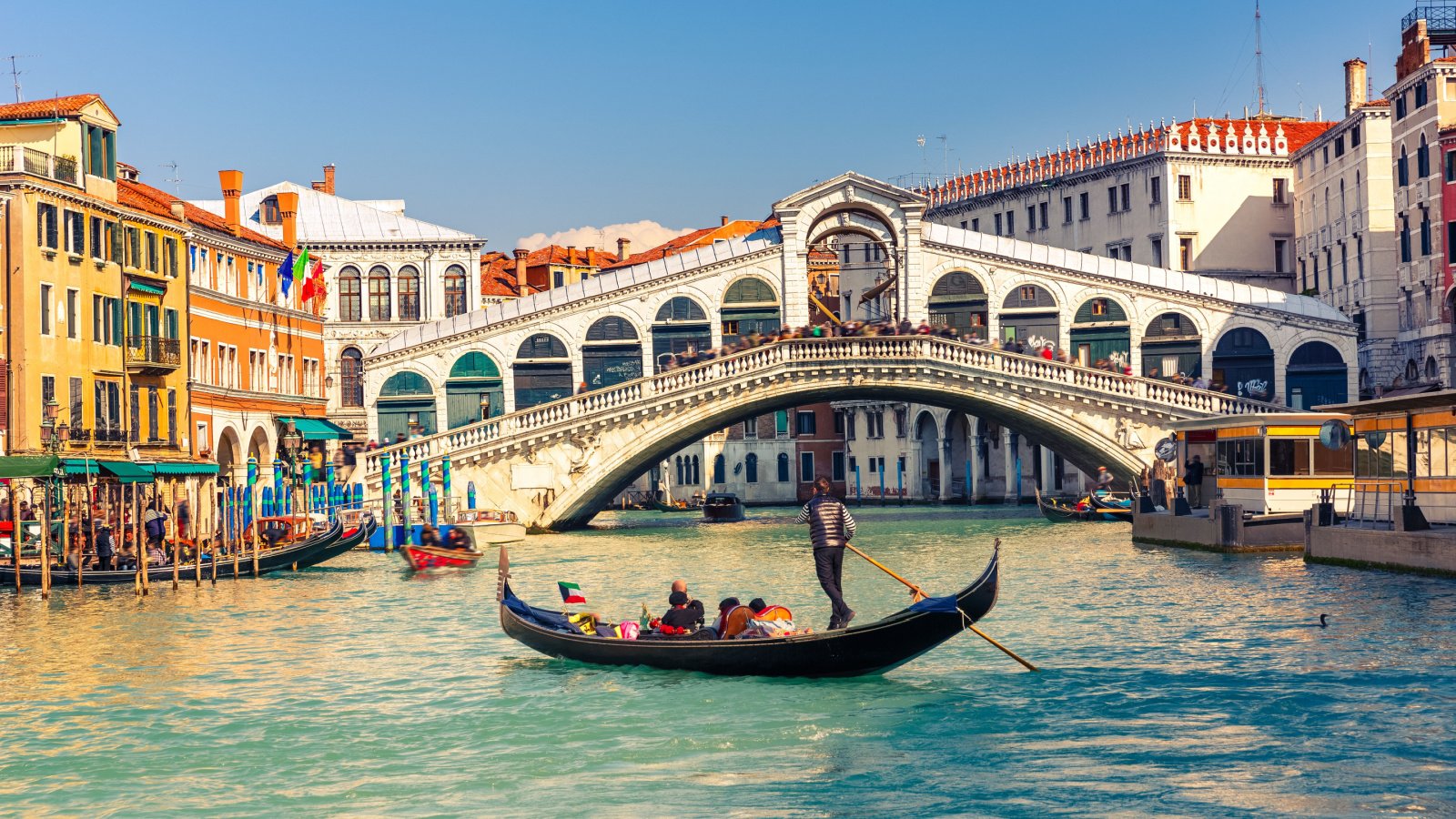
Italy’s rich cultural heritage and significant tourist economy coexist with challenges of political fragmentation and economic volatility. Leadership in Italy navigates revitalizing the economy while managing public debt and fostering unity. Maintaining Italy’s cultural legacy with the need for economic innovation is a pivotal governance challenge.
Brazil
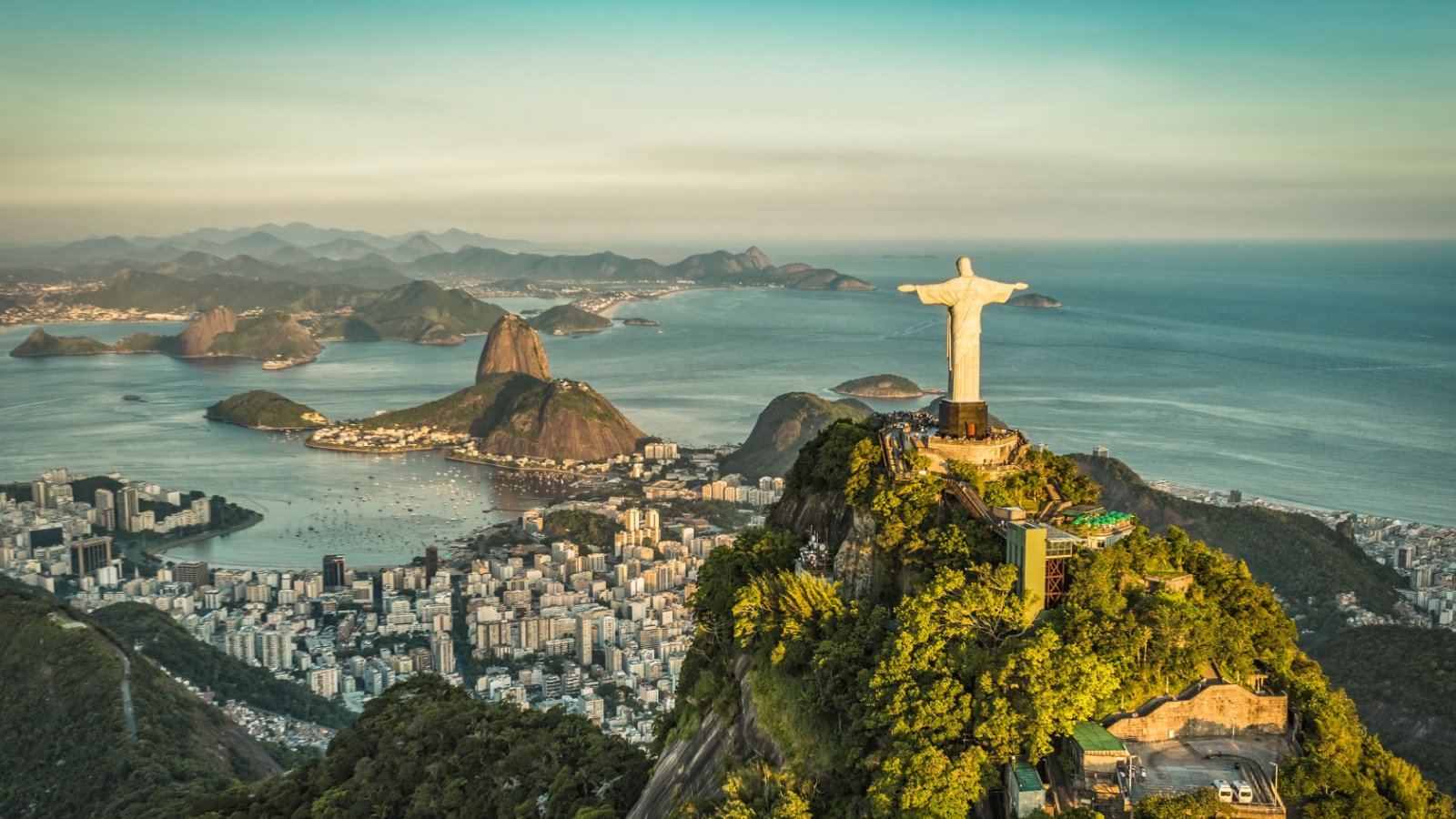
Brazil’s leaders face the monumental task of leveraging its vast natural resources and agricultural prowess to address social inequality and political instability. Governing Latin America’s largest economy involves balancing environmental preservation with economic development, a challenge that requires visionary leadership and sustainable strategies.
Canada
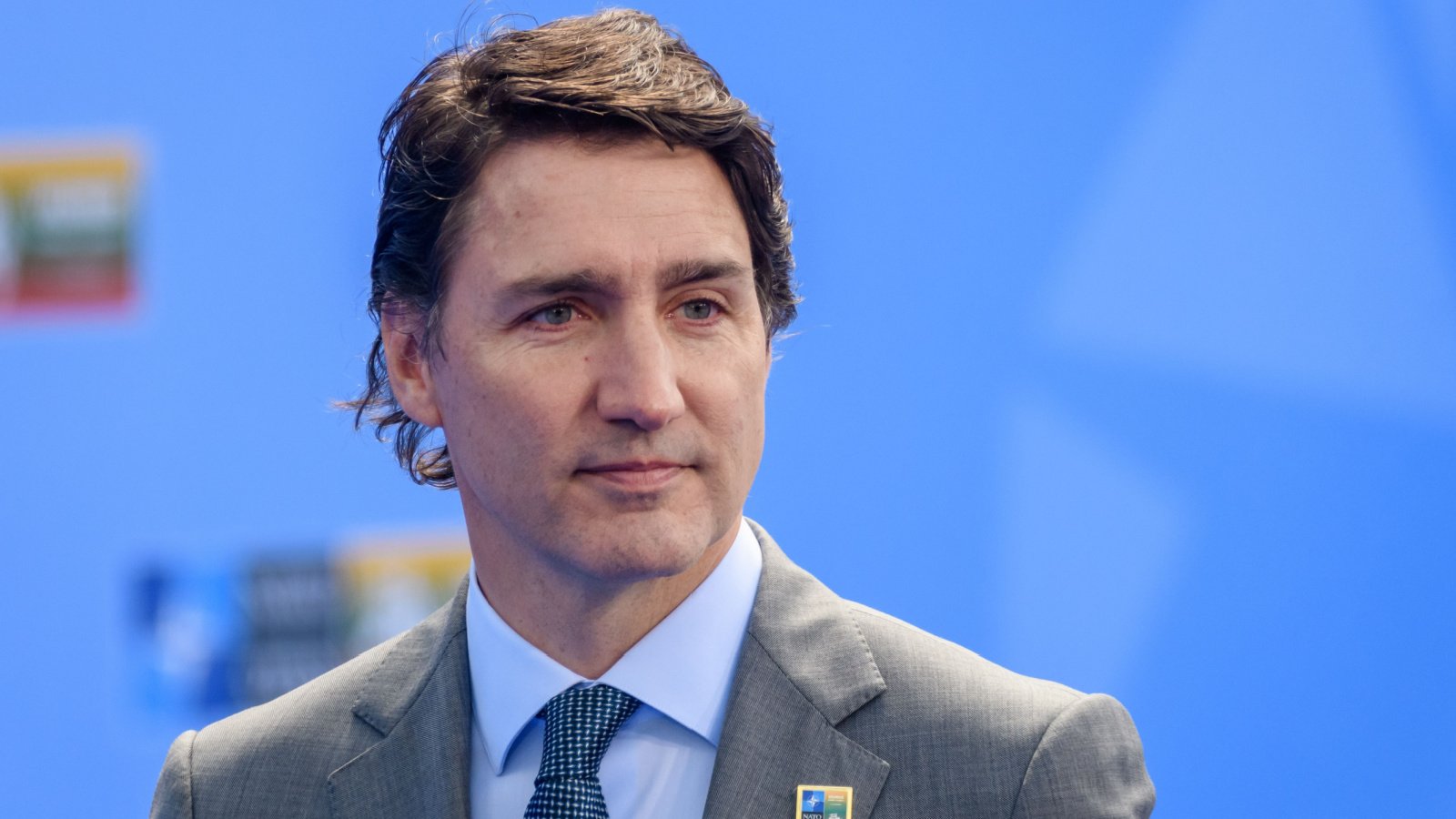
Canada, with its abundant natural resources and highly educated population, focuses on maintaining its high standard of living while addressing environmental concerns. Leadership is tasked with balancing economic interests in resource extraction with commitments to environmental sustainability and indigenous rights.
South Korea
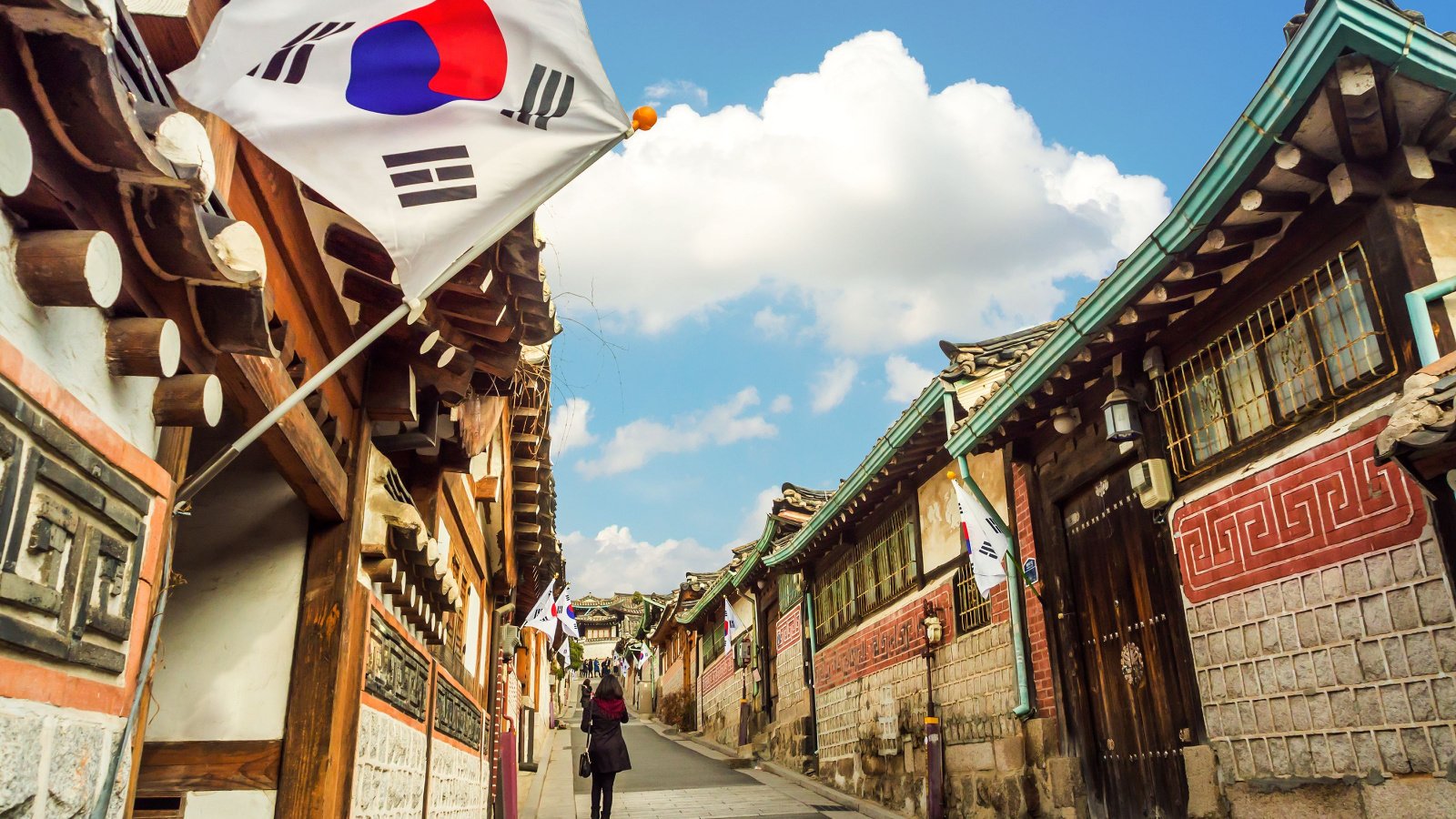
South Korea’s remarkable journey from post-war recovery to technological titan showcases the pivotal role of leadership in driving economic innovation while addressing societal pressures such as work-life balance and demographic shifts. The challenge lies in sustaining technological advancement and export-driven growth while fostering social cohesion and addressing rising housing costs in urban areas.
Australia
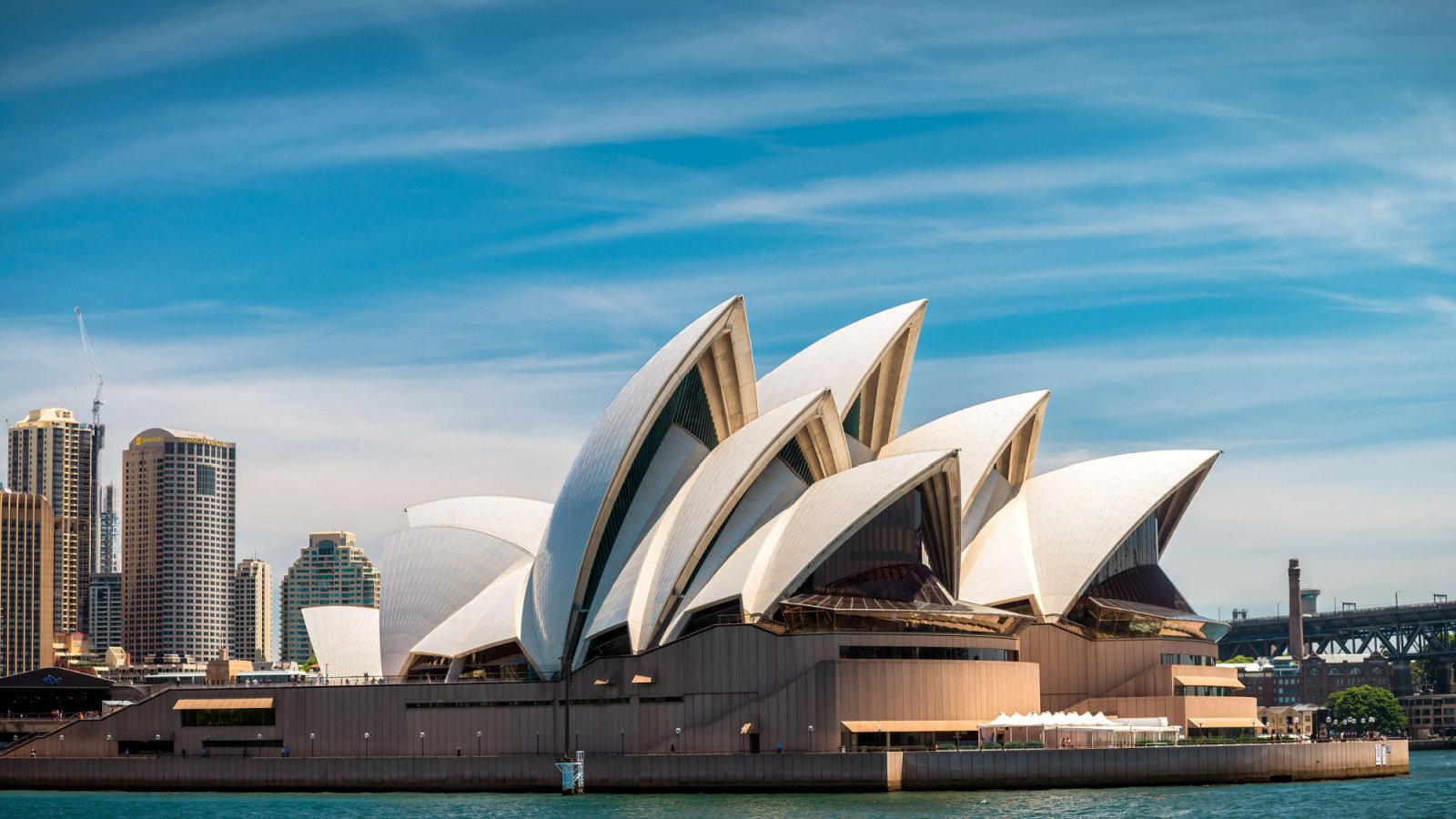
Australia’s leadership navigates a prosperous economy rich in natural resources and a robust service sector, aiming to balance economic growth with environmental conservation. The task involves managing the impacts of climate change on agriculture and coastal cities while maintaining strong ties within the Asia-Pacific region.
Russia
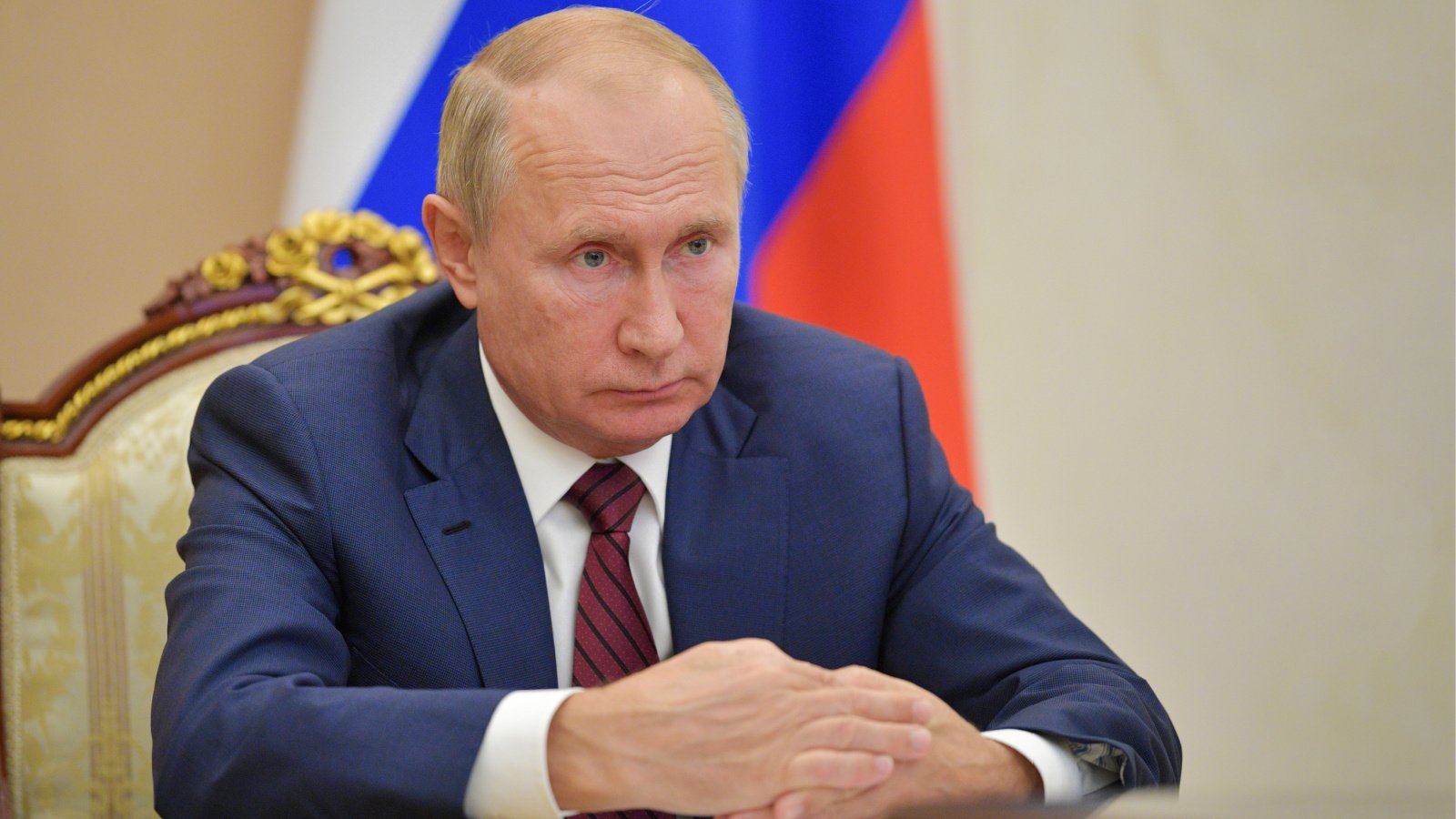
Russian leaders manage vast natural resources and a significant military presence, aiming to assert the country’s influence on the global stage while addressing internal economic disparities and infrastructure needs. Leadership involves balancing geopolitical ambitions with domestic welfare and navigating the complexities of energy dependence in European markets.
Netherlands
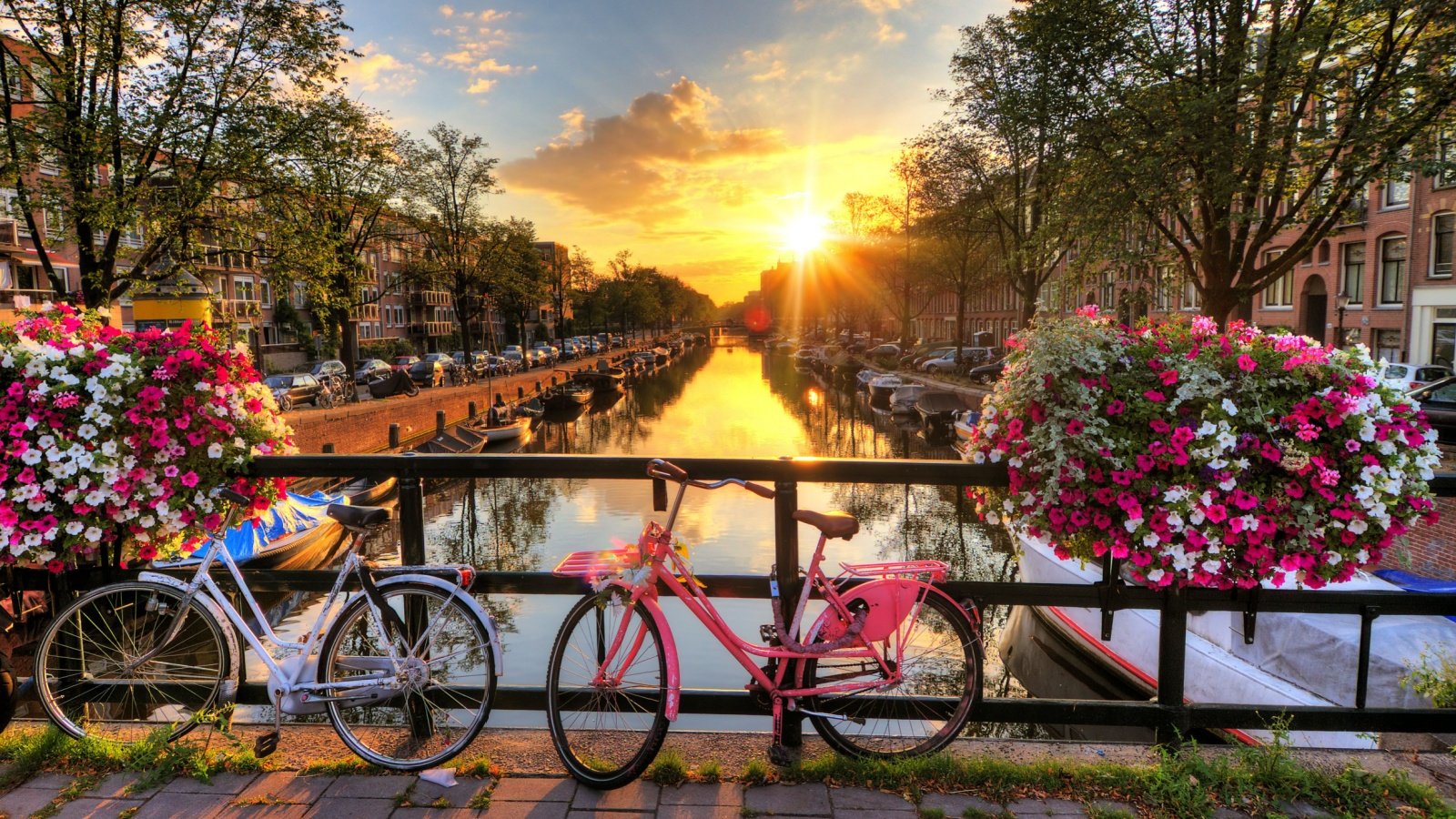
The Netherlands faces the unique challenge of being a densely populated yet major agricultural exporter. Leadership focuses on innovative solutions to sustainable farming, flood defense, and international trade, emphasizing environmental sustainability and economic openness in policy formulation.
Switzerland

Switzerland’s leaders maintain the country’s status as a global financial hub while ensuring high living standards and neutrality in international conflicts. The governance challenge lies in balancing financial sector interests with social welfare policies and maintaining its tradition of direct democracy in a rapidly changing global context.
Sweden
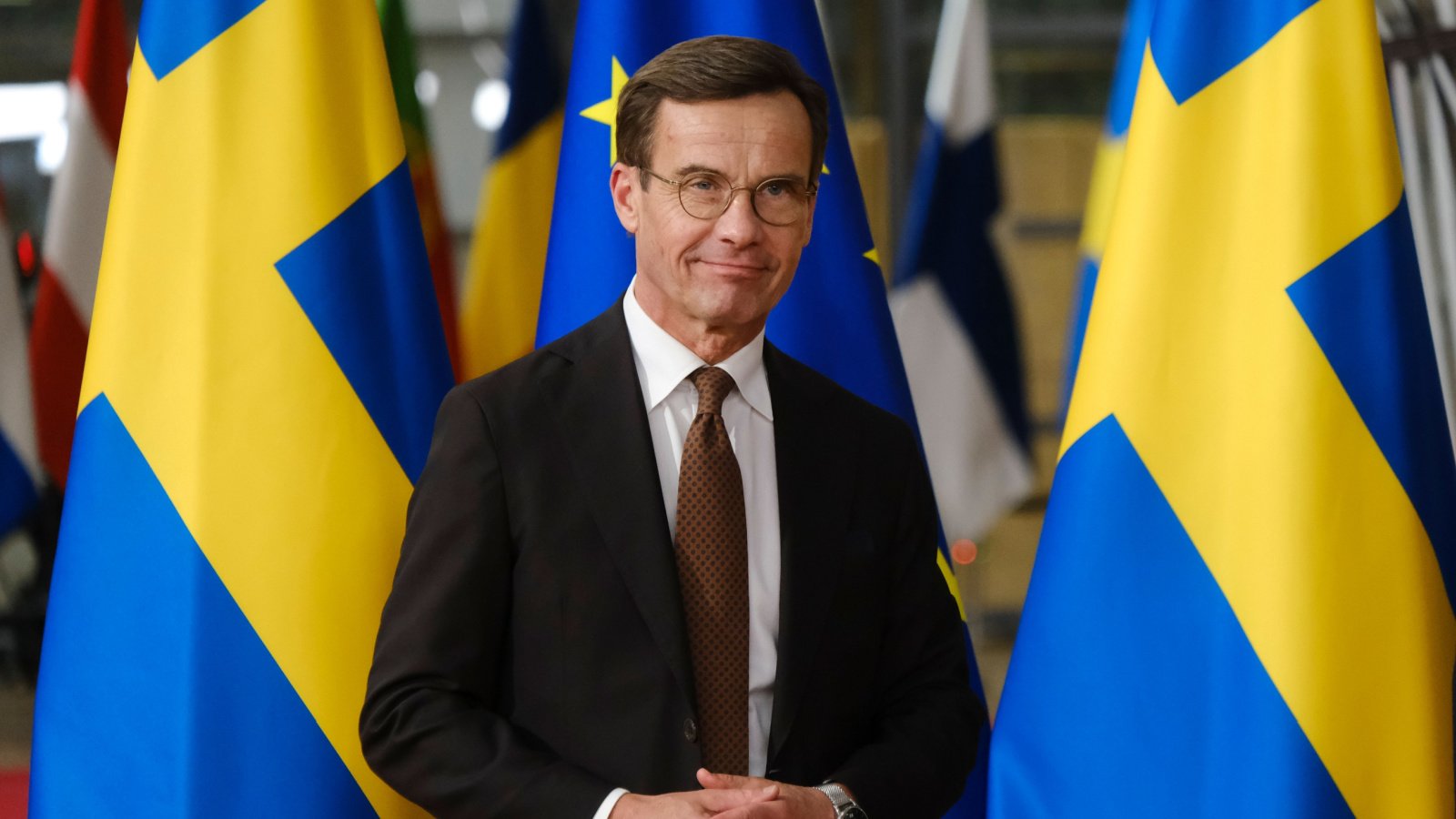
Sweden’s leadership upholds a strong social welfare system alongside a competitive economy, focusing on innovation, sustainability, and social equality. Challenges include integrating a growing immigrant population into the social fabric and maintaining economic competitiveness within the European Union, all while leading in environmental stewardship.
Saudi Arabia
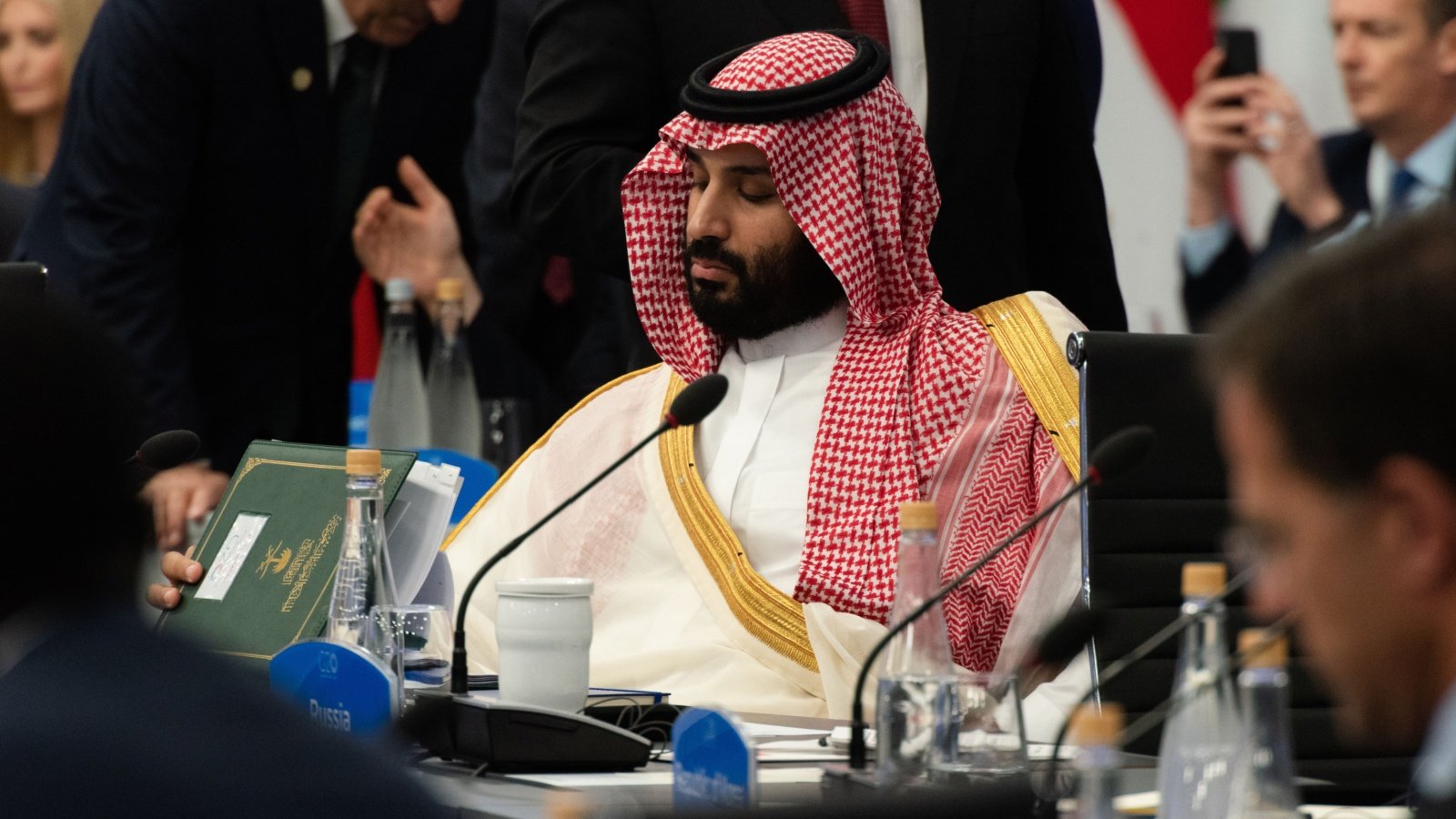
In Saudi Arabia, leaders are at the helm of one of the world’s largest oil producers, navigating the transition towards a more diversified economy with Vision 2030. This involves substantial investments in sectors like tourism and technology while managing social reforms and regional geopolitical dynamics, aiming to balance traditional values with modernization.
Norway
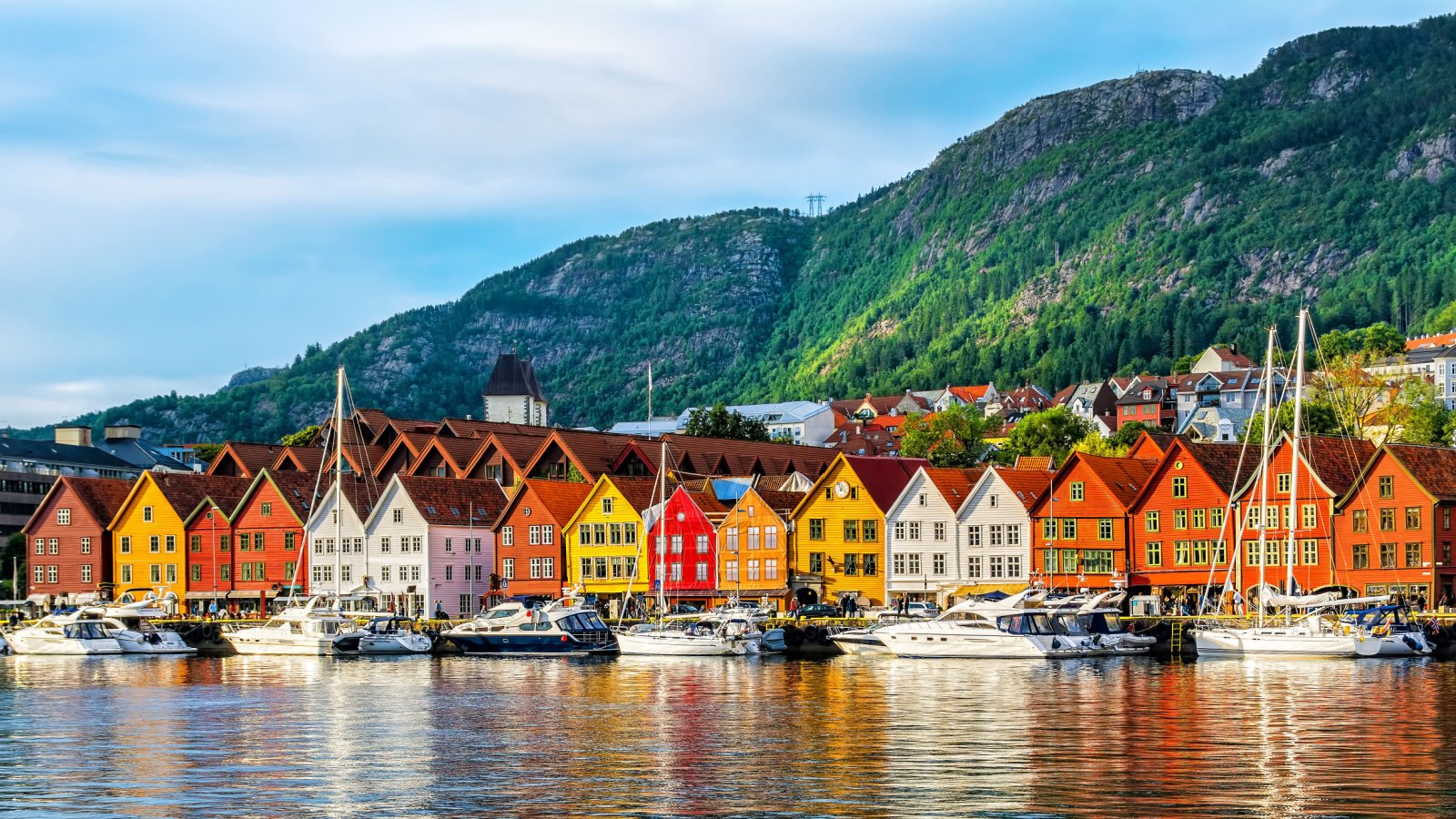
Norway’s leadership manages a unique combination of abundant natural resources, a robust social welfare system, and a commitment to environmental sustainability. The challenge lies in continuing to fund social programs through the sovereign wealth fund while leading in green energy initiatives and maintaining a high standard of living.
Singapore
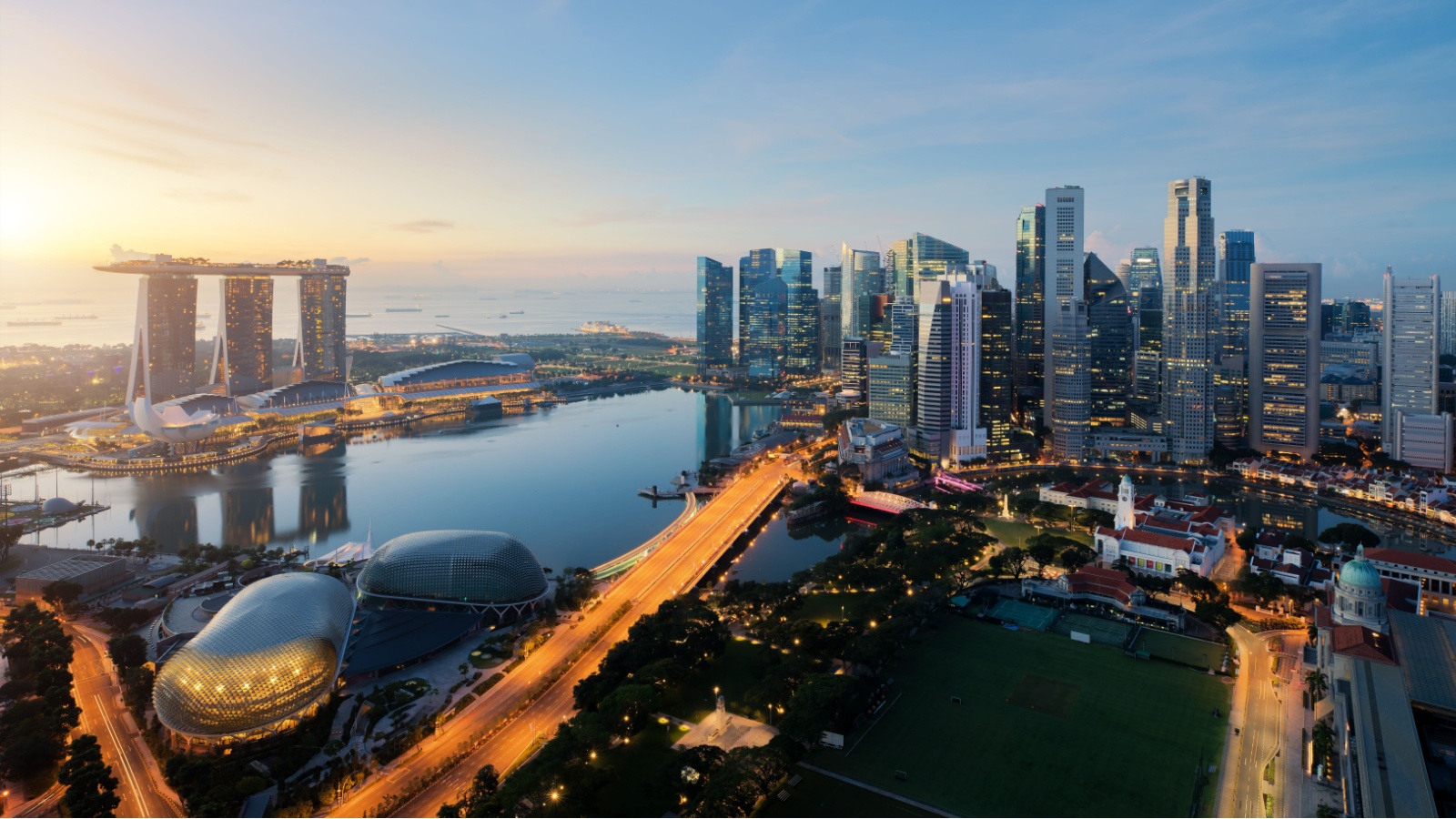
Singapore’s leaders steer one of the most open and competitive economies, focusing on innovation, trade, and being a global financial center. Governance challenges include managing limited natural resources, ensuring social harmony in a multicultural society, and maintaining its strategic geopolitical position in Southeast Asia.
United Arab Emirates
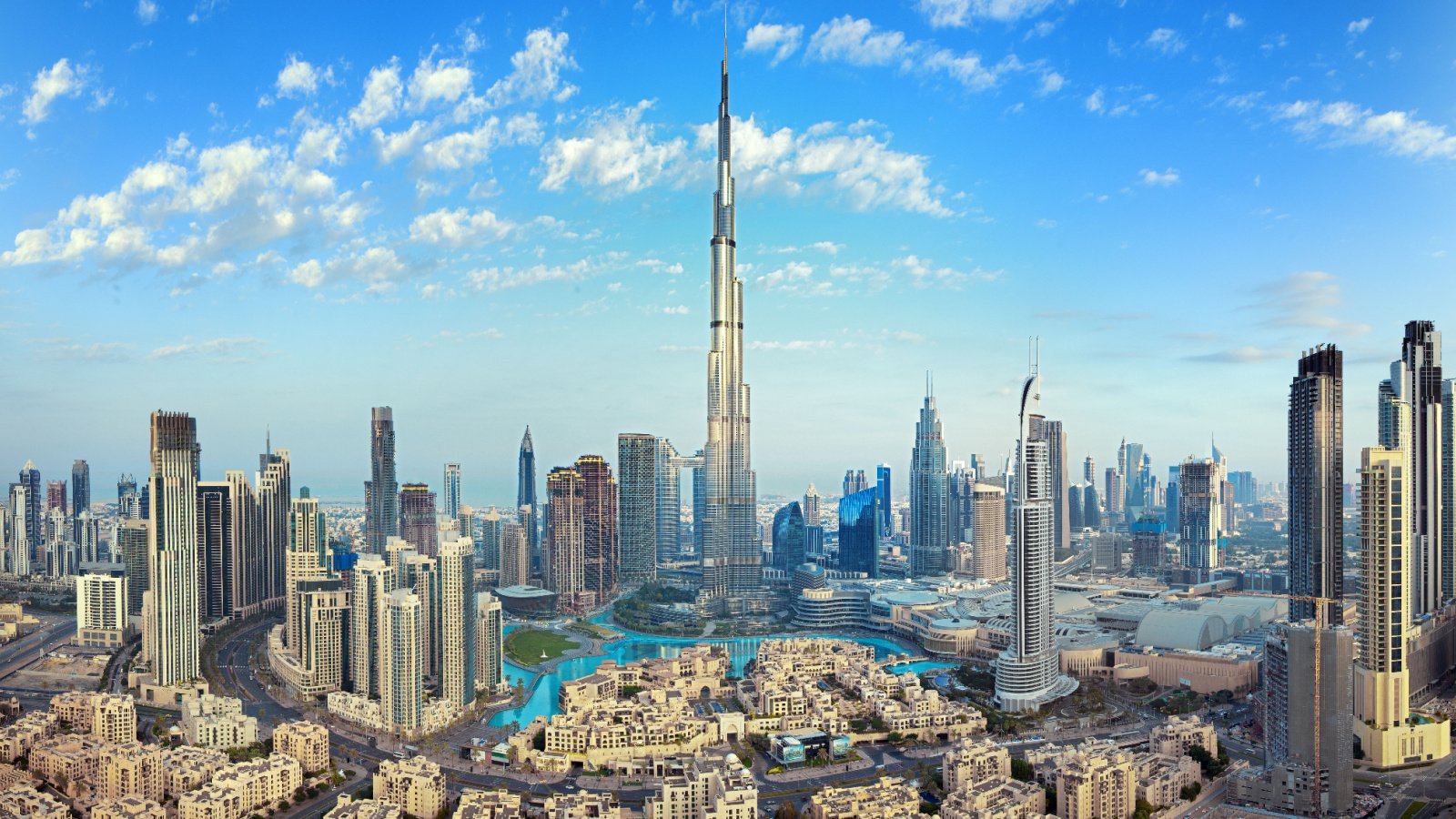
The United Arab Emirates’ leadership is transforming its oil-rich economy to become a global hub for tourism, finance, and technology. Challenges include navigating the transition to renewable energy sources, diversifying the economy, and shaping a cohesive national identity amidst a highly expatriate population.
Spain

Spain’s leaders balance the allure of its cultural and tourism appeal with the need to address economic recovery and regional disparities. Governance involves revitalizing the economy post-economic crisis, managing tourism’s environmental and social impacts, and navigating the complexities of regional autonomy demands.



